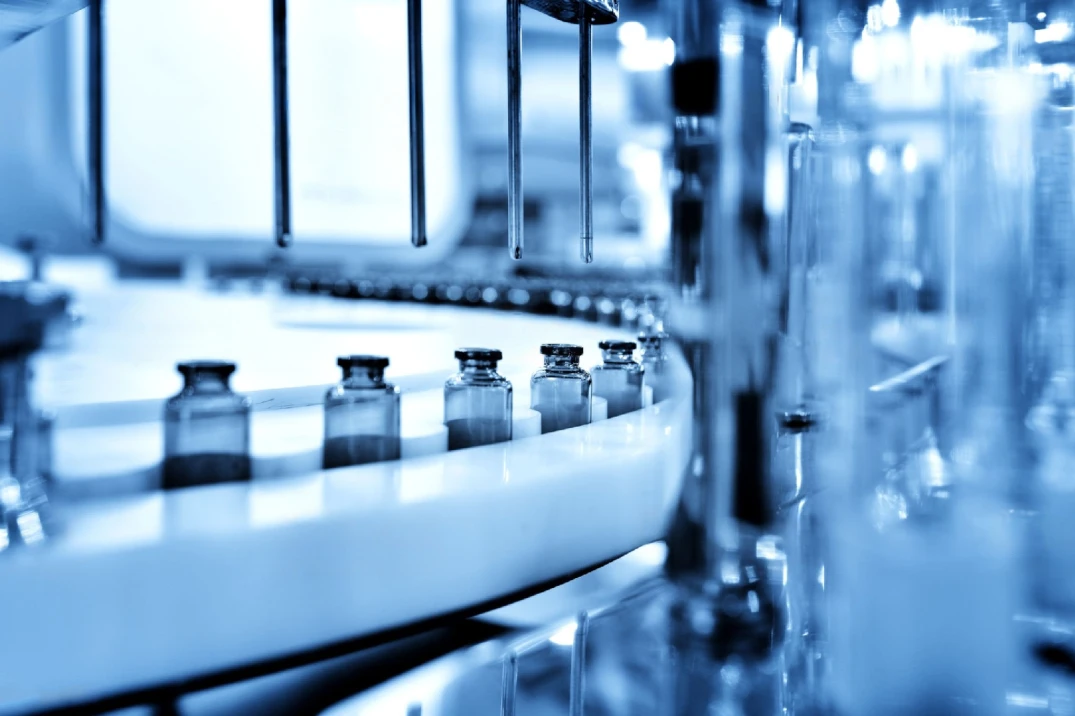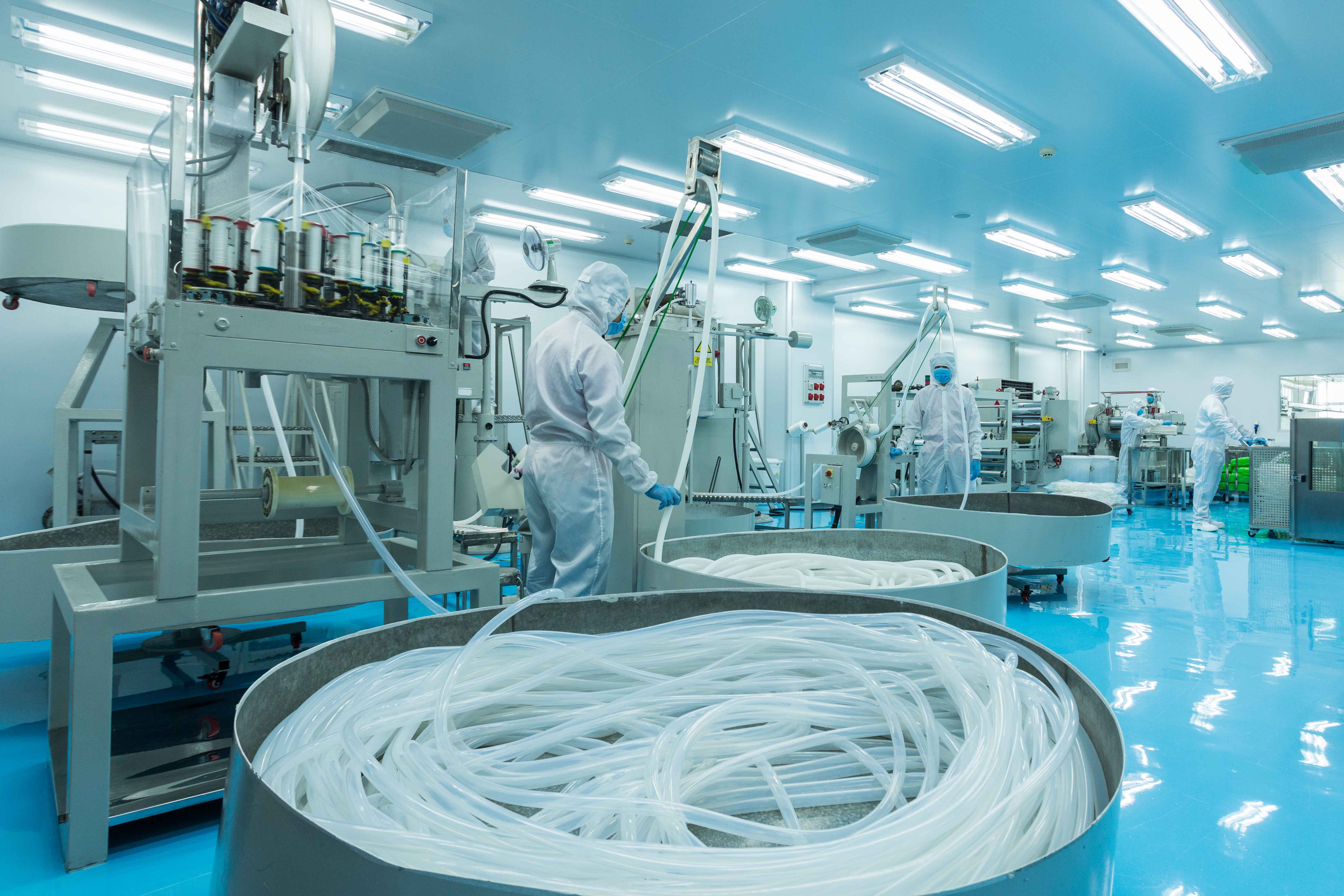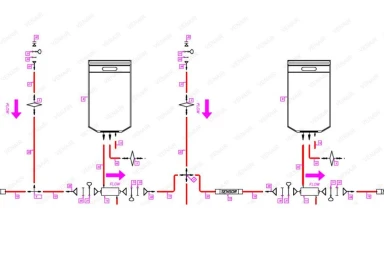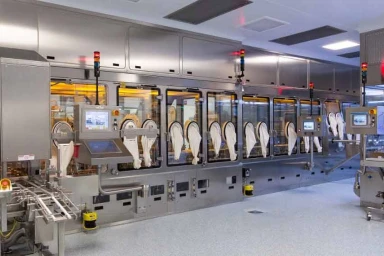Single Use Technologies: a greener option for a fast moving biopharmaceutical world

Single-use technologies have become increasingly popular in the pharmaceutical industry, as they offer a number of benefits over traditional stainless-steel systems. Venair, a leading manufacturer of high-purity platinum-cured silicone tubing and single-use systems, is at the forefront of this trend, providing companies with reliable and environmentally friendly solutions for the production of biologic drugs, advanced therapies, and other pharmaceuticals.
Reduction in Validation and Cleaning Costs
One of the primary advantages of single-use technologies in the pharmaceutical industry is the significant reduction in validation of cleaning and sterilization processes. Traditional stainless-steel systems require extensive cleaning and sterilization processes, which can be lengthy, labor-intensive, and costly. Single-use systems are disposable, eliminating the need for cleaning and sterilization, saving time and money for users. This also allows companies to reduce the number of cleaning and sterilization equipment, reagents, and personnel, resulting in reduced costs and increased efficiency.

Additionally, the use of single-use systems eliminates the need for expensive and complex cleaning validation protocols, reducing overall validation costs and time.
All of this translates into significantly improved batch turnaround times: as soon as a process is finished, the used material can be discarded, and another batch can begin processing with a pre-assembled and already sterilized system, greatly reducing downtime between batches.
Flexibility in Production
Flexibility is another significant aspect of single-use technologies. These systems enable quick changes between different products and batch sizes, which is particularly advantageous for companies producing a wide range of products like CDMOs or experiencing high demand for their products. Single-use systems also allow for more precise control of the process, reducing the risk of cross-contamination and resulting in a higher quality final product.
Environmental Benefits and Sustainability
Reduction of Environmental Impact
Single-use technologies also offer significant environmental benefits. Traditional stainless-steel systems require large amounts of water and chemicals for cleaning and sterilization processes. These chemicals can be harmful to the environment if not properly disposed of. Single-use systems eliminate the need for these cleaning and sterilization processes, reducing the amount of water and chemicals used and the potential for environmental harm.

Energy Efficiency and Regulatory Compliance
Moreover, the total energy consumption of single-use materials is also lower, contributing to greater energy efficiency compared to traditional systems. This not only reduces operating costs but also helps comply with increasingly strict regulations and standards on sustainability in the pharmaceutical industry.
Recyclability and Mobility
Furthermore, single-use systems are often made of materials that are more easily recyclable than stainless steel, reducing waste and preserving natural resources. Although the recycling of single-use system materials is still in development, there is growing interest in its development and application. This not only reduces the environmental impact of the production process but also helps companies comply with increasingly strict regulations and standards on sustainability. Additionally, the mobility of single-use systems allows for flexibility and adaptability in the work environment, which can be advantageous in terms of efficiency and space.






